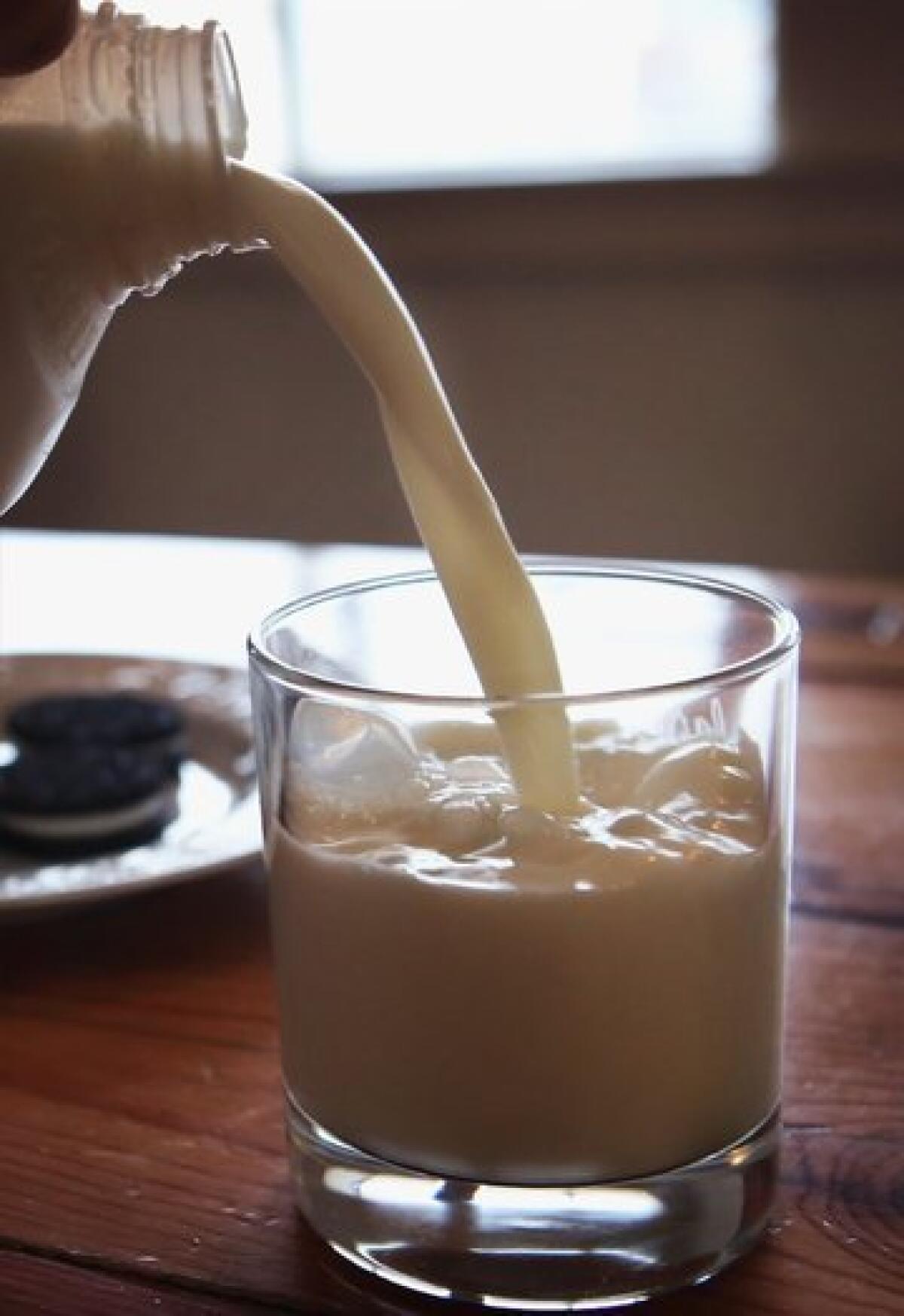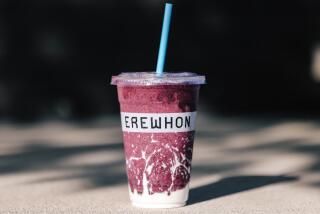Got milk? Then you might get a Nobel Prize, study suggests

Winners of the Indianapolis 500 drink milk to celebrate their victory; perhaps winners of the Nobel Prizes do the same after receiving a congratulatory phone call from Stockholm.
That’s one theory to explain why countries in which people drink the most milk, per capita, also win the most Nobel Prizes, per capita, according to a new study.
Take Sweden, the country that’s home to the Nobels. Citizens there have won 31.855 prizes for every 10 million people. They also consume about 350 kilograms of milk each, on average, over the course of a year.
At the other end of the spectrum is China, a country that has won a mere 0.060 Nobels per 10 million people and where the average person drinks less than 50 kilograms of milk per year.
The United States fall close to the middle, with a Nobel-winning rate of 10.731 per 10 million citizens and milk consumption of abotu 250 kilograms per person per year.
Coincidence? Perhaps. The smooth curve that appears in the new edition of the journal Practical Neurology only indicates a correlation between milk-drinking and Nobel-winning, not a causal relationship.
Sarah Linthwaite and Geraint N. Fuller of the Gloucester Royal Hospital in the United Kingdom decided to look for an association between milk and Nobel Prizes after reading this report in the New England Journal of Medicine last year that linked consumption of chocolate with Nobel-winning prowess.
That got them to thinking: “Chocolate is not usually consumed on its own, often being combined with milk either as a drink or as milk chocolate,” Linthwaite and Fuller wrote. They set out to find a similar relationship between milk and the Nobels, using data from the New England Journal article and from the Food and Agriculture Organization of the United Nations.
It turns out that of the two food items, chocolate is more closely aligned with Nobel winning. A statistical measure that conveys the degree of relatedness of two things using a scale that goes from -1 to 1 (with a value of 1 representing a perfect correlation) pegged the chocolate-Nobel link at 0.625, while the milk-Nobel relationship scored a slightly lower 0.573.
The study authors couldn’t help speculating about a mechanism that might explain why drinking milk would make someone more likely to win a Nobel Prize. Perhaps the vitamin D in milk improves cognitive function, they wrote. (The author of the chocolate study, from Columbia University in New York, suggested that flavonoids in chocolate might boost brain power.)
Whatever the biological forces at work, Linthwaite and Fuller offered readers some practical advice for those who wish to cover all their bases: Drink hot chocolate.
You can check out the study in Practical Neurology online here.
Return to the Science Now blog.
Follow me on Twitter @LATkarenkaplan







